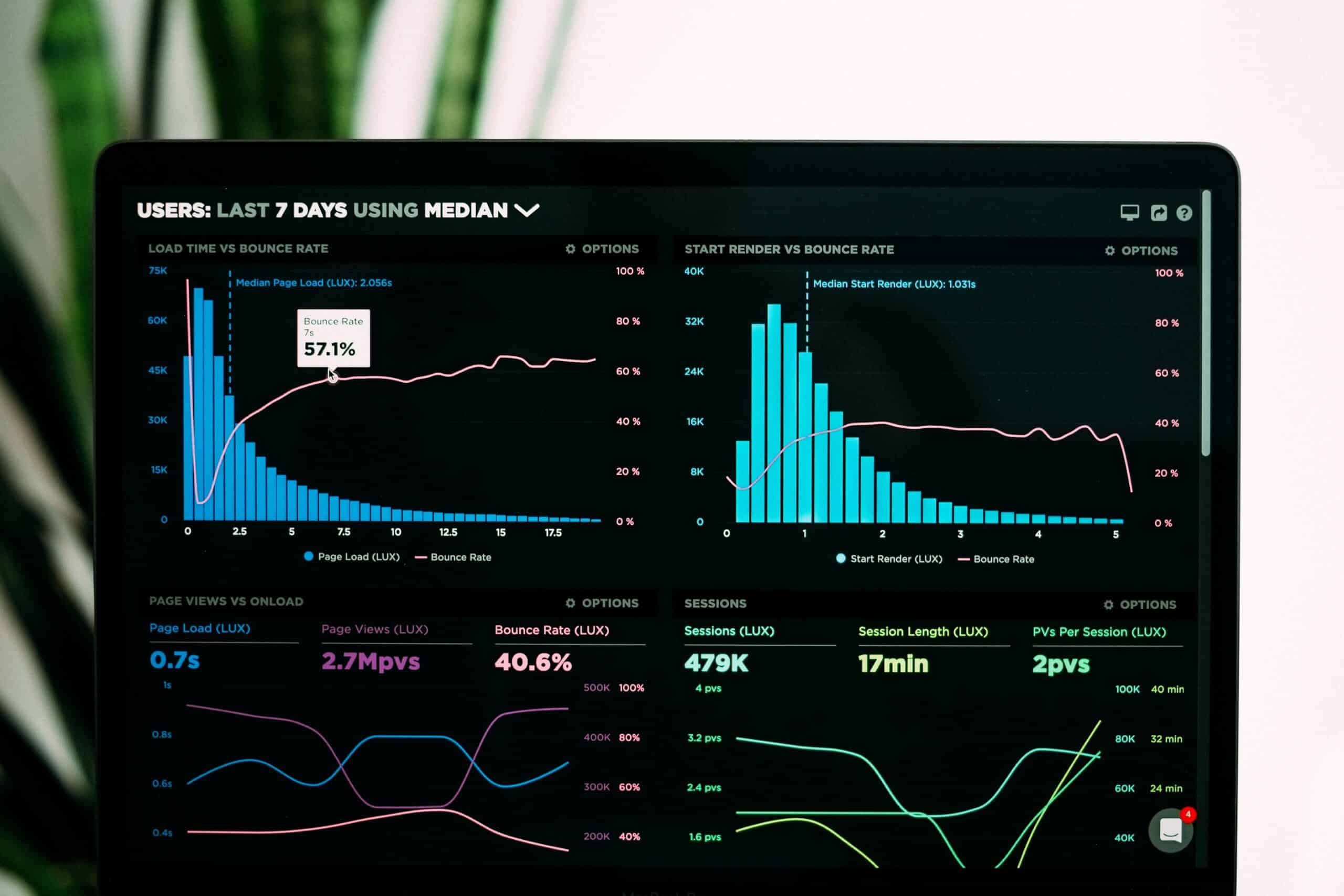Creating a successful website is no easy task, but there are a few key pillars that can help ensure your site succeeds.
Here are some of the most important pillars:
- Attractive and user-friendly design: An attractive and user-friendly design is essential to capture users' attention and make them want to interact with your site. This includes elements such as the choice of appropriate colors and fonts, the organization of information and the usability of the user interface (UI).
- Quality content: Content is the heart of any website. Make sure you offer quality content that is useful, interesting and relevant to your audience. Also, be sure to keep your site updated with new and fresh content.
- SEO: SEO (search engine optimization) is essential for your site to be easily found by users through search engines like Google. Make sure to optimize your titles, meta tags and content properly to improve your search engine rankings.
- Loading speed: The loading speed of your site is crucial to the user experience. Users expect a website to load quickly and may abandon a site if it takes too long to load. Be sure to optimize your site's loading speed to improve the user experience.
- Mobile design: More and more users access the Internet through mobile devices, so it is essential that your site has a responsive mobile design that adjusts to different screen sizes.
- Security: Security is essential to ensure user confidence in your site. Be sure to use appropriate security measures, such as SSL and strong passwords, to protect user information.
- Accessible design: Accessibility is important to ensure that all users, regardless of their abilities, can access your site. Be sure to follow accessibility standards to ensure that your site is accessible to everyone.
- User interaction: It is important that your site encourages interaction with users. This can include elements such as contact forms, comment sections and social media options for users to share your content.
- Analytics and monitoring: It is important to monitor and analyze your site's performance to identify areas of opportunity and improve the user experience. Use analytics tools such as Google Analytics to collect data on your site traffic, user behavior and page performance.
- Regular maintenance: A website is a constantly evolving entity and it is important to keep it updated and error-free. Be sure to perform regular maintenance to correct errors, update content and improve site performance.
Related articles
-
Website maintenance: key to success! Website maintenance is a crucial aspect of owning and managing a website. Although it is often overlooked, it is essential to keep your website...
-
/*! elementor - v3.10.2 - 29-01-2023 */ .elementor-heading-title{padding:0;margin:0;line-height:1}.elementor-widget-heading .elementor-heading-title[class*=elementor-size-]>a{color:inherit;font-size:inherit;line-height:inherit}.elementor-widget-heading .elementor-heading-title.elementor-size-small{font-size:15px}.elementor-widget-heading .elementor-heading-title.elementor-size-medium{font-size:19px}.elementor-widget-heading .elementor-heading-title.elementor-size-large{font-size:29px}.elementor-widget-heading .elementor-heading-title.elementor-size-xl{font-size:39px}.elementor-widget-heading .elementor-heading-title.elementor-size-xxl{font-size:59px} Descubre las ventajas de tener un sitio web para tu empresa: 10 razones por las que necesitas una presencia en línea sólida…
-
Website development wearementor.pro We recently worked on the web development of our sister company "WeAreMentor", a logo and brand design studio for those looking to find the conceptualization and visual perception that distinguishes them. Working...



